Balochistan unveils education- centric budget
CM Baloch seeks to expand, empower the province’s middle class.
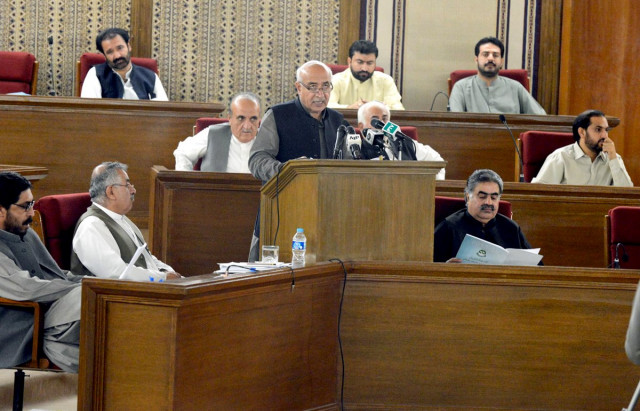
The bulk of Malik's speech appeared to remain focused on what Quetta could do with its own resources and how it could use them better. Photo: Banaras Khan
Chief Minister Abdul Malik Baloch is not a tribal aristocrat and it shows through in every aspect of the Rs198 billion Balochistan budget he announced on Thursday.
Hailed as the first middle-class Baloch to become chief minister of the province, Abdul Malik appears to have an approach to governing the province more similar to his fellow middle-class professionals in Sindh and Punjab than the sardars from his own district. The focus of the budget is very clearly on the one thing that does most to create and expand middle classes: education.
Spending on the province’s schools and colleges will go up by an astounding 42%, to Rs34 billion. Three years after the 18th Amendment first gave it the right to do so, Balochistan will also be setting up a provincial higher education commission, which the chief minister said would focus on establishing links between universities in Balochistan and counterparts abroad.
“Education has a collective and crucial role in the development of any society and therefore, it is our government’s topmost priority to improve the standards of education by bringing all available sources to proper use,” said Baloch.

“We will purge the curriculum from all hate material.”
The chief minister’s alma mater, Bolan Medical College, will be given the status of a university and three more medical colleges will be set up in the province. An endowment of Rs5 billion will be set up to provide scholarships to talented students in the province. And in the province with the highest rate of female illiteracy, the government will establish girls’ boarding schools to help encourage talented girls to stay in school.
Many of the measures announced in the budget were designed to make government spending more transparent, accountable, and effective.
For instance, for the first time in its history, the Balochistan Assembly will have a Public Accounts Committee with the power to investigate all allegations of corruption and misappropriation of public funds. On the chief minister’s prized education initiative, the government plans to set up community monitoring systems to ensure that teachers show up in classrooms and that resources are effectively utilised.

The development budget has been increased by about 29% from last year’s spending to reach a total of Rs44 billion, the bulk of which will be spent on education and health. Even as he is increasing the allocation of the development budget, however, the chief minister appears to be concerned with ensuring that the provincial government gets the best value for its spending by ensuring that the focus on the spending is on completing existing projects, not starting new ones.
“Sustainable development will be the biggest challenge of this government,” the chief minister told the Assembly. “There will be [little new] construction but more consolidation of work to ensure that development is sustainable.”
On the revenue side, Balochistan expects to receive about Rs137 billion in transfers from the federal government. The province’s own revenues are expected to clock in at Rs6.4 billion, including a significant chunk in royalty revenue from the Saindak copper and gold mine. The province expects to receive Rs4 billion in foreign aid. Its budget deficit is expected to clock in at Rs8 billion.
While Abdul Malik did state the traditional Balochistan government position that it should be given more revenue from the federal government, the bulk of his speech appeared to remain focused on what Quetta could do with its own resources and how it could use them better.
Hence, the Balochistan government will be investing Rs2.5 billion in establishing the Balochistan Energy Company and investing another Rs500 million to set up coal-fired power plants. In total, Rs8 billion will be spent on energy, including a project to install solar panels to power 20,000 agricultural tube-wells.
The goal is to eventually convert all government offices and the province’s entire irrigation network, as well as most of its remote villages, to run on solar power, abundant in the clear plateaus and deserts of Balochistan.
Another Rs19 billion will be spent on healthcare in the province.
The budget speech was not without its glitches, such as the fact that despite announcing its budget three days after all of the other provinces, the government was not able to put out all of the budget documents in time for the chief minister’s speech.
Published in The Express Tribune, June 21st, 2013.

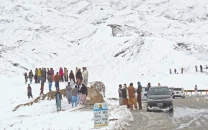
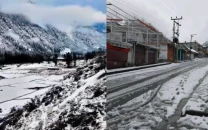
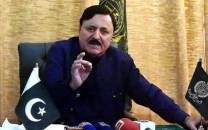
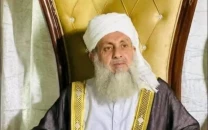
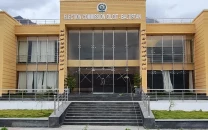












COMMENTS
Comments are moderated and generally will be posted if they are on-topic and not abusive.
For more information, please see our Comments FAQ